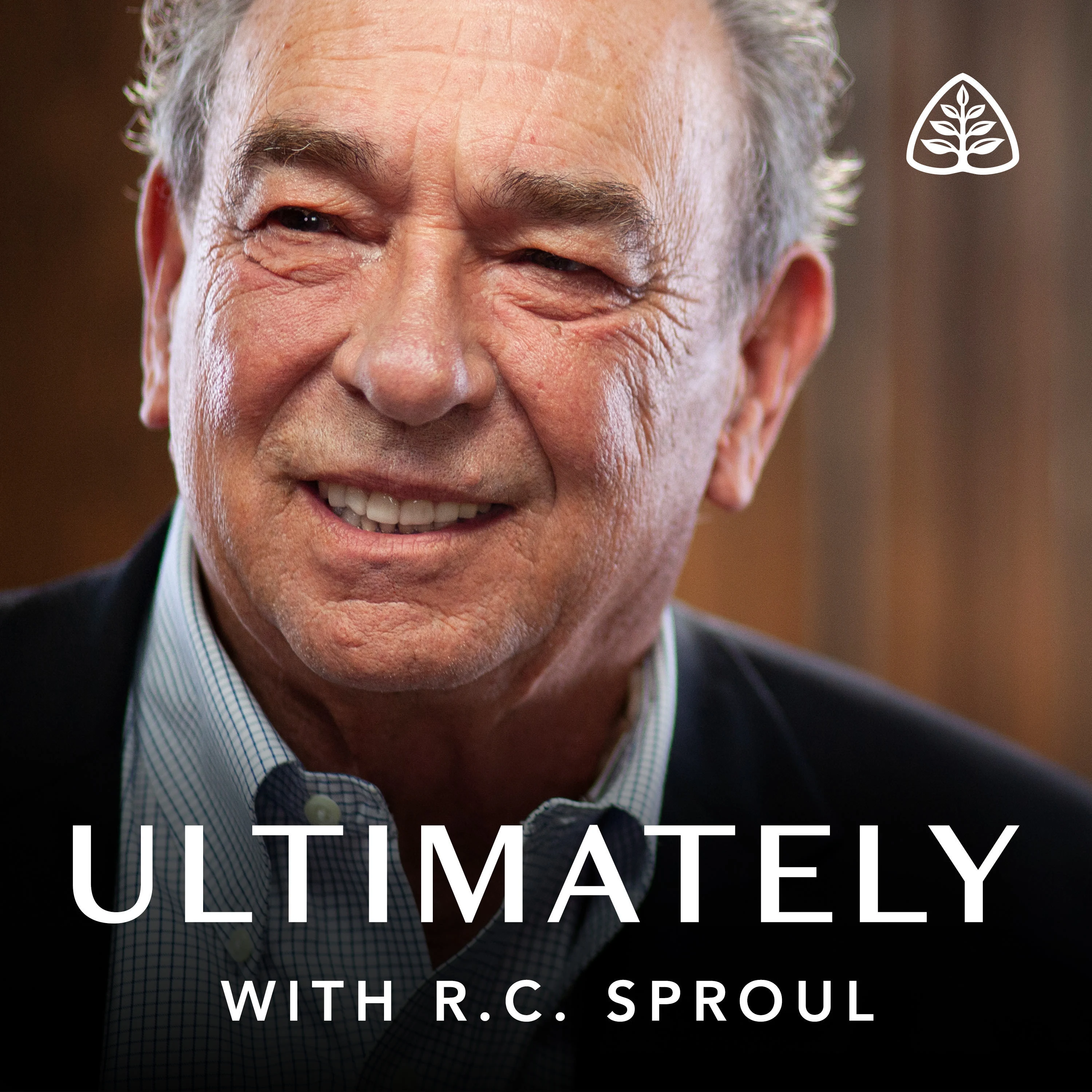The God Who Remembers

What can we learn about God from the Virgin Mary’s song of praise, the Magnificat? Today, R.C. Sproul marvels at God’s faithfulness in remembering and fulfilling the promises He makes to His people.
Mary understands that what is taking place is taking place within the context of a continuum of history, that she is experiencing something that has its roots in antiquity. She’s standing, you see, on the rim of fulfillment of ancient promises. And what does she say? “He hath holpen his servant Israel, in remembrance of his mercy; As He spake to our fathers, to Abraham, and to his seed forever” (Luke 1:54–55).
She finally locates what is happening in her as the fulfillment of a promise that God made to Abraham. Mary is rejoicing not only because she’s become the focal point of unspeakable blessing but because she is living out in her life the vindication of the faith that the people of Israel, through countless generations, in the midst of great persecution, in the midst of great hostility and great skepticism and mockery, that a faithful few held onto, that God would keep the promise that He made centuries and centuries before to Abraham and to his seed.
About how long did Israel have to wait for the promise that God made to Abraham to be fulfilled? Roughly how many years went by between the time God spoke to Abraham and the Messiah was born? Roughly the same amount of time that has passed since the advent of Christ and the day you’re living in today.
Again, how many people looked at Mary as she went through her worship and her acts of devotion in the synagogue and in the temple, and people would say: “Mary, let’s get with it. Don’t you realize that you’re holding out for promises that are two thousand years old and that you’re living in the Middle Ages and you’re a seventeenth-century BC rationalist,” or whatever, you know?
How many times have you been accused as a Christian of not being “with it” in terms of the contemporary scene because you, with tenacity, hold out for the promises of God that were made so many years ago, that you still wait together with the whole creation in travail for their fulfillment? If you’ve never had to struggle with that, I wonder why? But that’s what we’re called to be: very, very stubborn at this point, very, very old-fashioned, not willing to sell out our expectancy of the fulfillment of the promises of Christ to His people simply because of the passage of time.
If we can learn anything from this text and from the Scriptures as a whole, it is that God is long-suffering and that He moves with absolute determination to bring the consummation of His plan and of His kingdom into its fruition, but He moves in His time, with His deliberation. And there’s no place in the kingdom of God for impatient Christians.
But there are those moments when the promises are fulfilled. And we’re told at the close of the New Testament canon, in the book of Revelation, that when all of the promises of Christ that He made and left His people with are to be fulfilled, when the people of God experience the new Jerusalem—the heavenly city, the final hope and goal of our pilgrimage, when we experience and enter that city whose builder and maker is God, that city that is not made with hands—the people of the Lord will sing a new song. And I know what my song’s going to sound like. As soon as those promises come, I’m going to stand up there—and I don’t care what people think of my voice—my first line of my song is going to be, “My soul doth magnify the Lord, and my spirit doth rejoice in God my Savior, because He remembered.”
God remembered the promise that He made Abraham. Everybody in Mary’s town figured that God had forgot that promise. Who was it that forgot the promise of God? Was it God who forgot? It was the people of Israel who forgot.
Recent Episodes
No Such Thing as a Neutral Education
February 20, 2026|Education
We Must Obey God Rather than Men
February 18, 2026|Ethics
Trust God’s Promises, Not Your Passions
February 16, 2026|Life Issues
Why Humanism Fails
February 13, 2026|Opposing Worldviews
God Needs Nothing
February 11, 2026|The Nature of God
Since God Is Sovereign, Why Evangelize?
February 9, 2026|Evangelism and Missions
